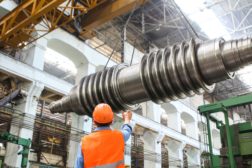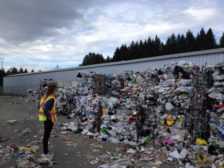Sustainability in Health and Safety
Editorial Comments
Heat exposure has killed hundreds of U.S. workers — it’s time to do something about it
September 1, 2021
A FairWarning Story
Moving away from fossil fuel: The escalating push for setbacks from drilling sites
July 23, 2020
Never miss the latest news and trends driving the safety industry
eNewsletter | Website | eMagazine
JOIN TODAYCopyright ©2024. All Rights Reserved BNP Media.
Design, CMS, Hosting & Web Development :: ePublishing












